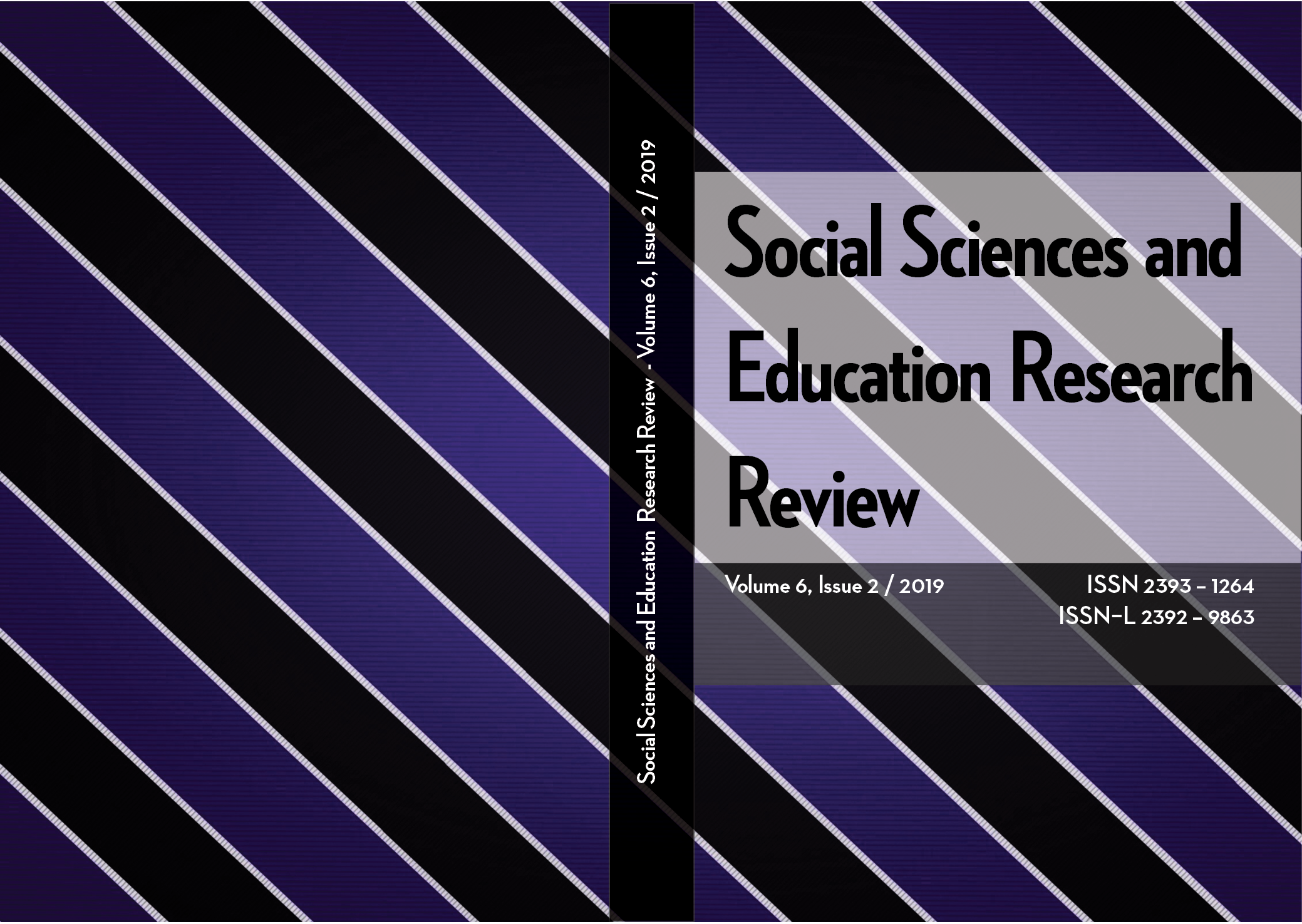POST-GENOCIDE SOCIETY, SOCIAL CAPITAL, AND PEDAGOGY OF LIFELONG LEARNING: AN ANALYSIS OF THE EMPIRICAL EXAMPLE OF BOSNIA AND HERZEGOVINA
POST-GENOCIDE SOCIETY, SOCIAL CAPITAL, AND PEDAGOGY OF LIFELONG LEARNING: AN ANALYSIS OF THE EMPIRICAL EXAMPLE OF BOSNIA AND HERZEGOVINA
Author(s): Goran Bašić, Zlatan DelićSubject(s): Education
Published by: Editura Sitech
Keywords: actor; coexistence learning; destruction; education; field; habitus; peace learning; reconciliation learning;
Summary/Abstract: The aim of the paper is to analyse: 1) the negative/dark sides of social capital in the Bosnian–Herzegovinian post-genocide society that emerged because of decades of symbolic and real war and post-war violence against the people in Bosnia and Herzegovina; and 2) the possibility of social development in the direction of a positive/lighter side of social capital, in the sense of legitimising progressive politics of social development based on the following foundations: a) learning peace, coexistence, and reconciliation; b) acknowledgment that genocide was carried out during the war and actively denied after the war; c) condemnation of genocide (both during the war and the post-war period); and d) active work to recognise the status of and obtain compensation for the victims of the genocide (at the social, organisational/institutional, and individual levels).
Journal: Social Sciences and Education Research Review
- Issue Year: 6/2019
- Issue No: 2
- Page Range: 31-62
- Page Count: 31
- Language: English

